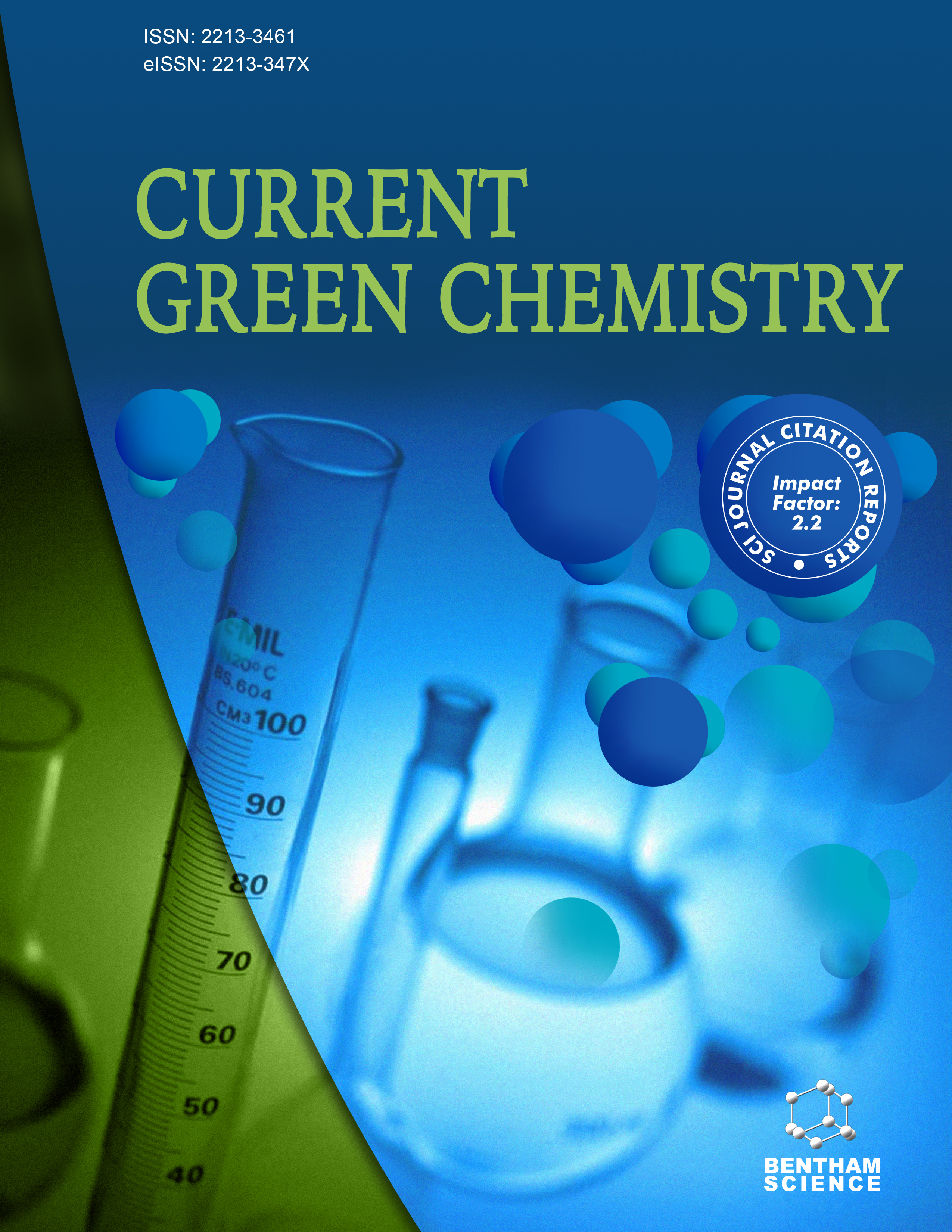
Full text loading...
Benzimidazole derivatives hold a crucial place in medicinal chemistry due to their wide-ranging therapeutic applications. However, traditional synthesis methods having inefficiencies, such as the need for catalysts and prolonged reaction times, in addition to being environmentally unfriendly. This has necessitated the development of alternative synthetic methodologies that are more efficient and eco-friendly.
To establish a novel, efficient, and eco-friendly methodology for the synthesis of benzimidazole derivatives, utilizing microwave irradiation without the use of a catalyst, thereby reducing reaction times and improving yields.
A microwave-assisted approach was employed for the synthesis of various benzimidazole derivatives. The reactions were carried out without the use of any catalyst, significantly optimizing the synthesis process. Reaction times were reduced to a range of 5 to 10 min. The identity and purity of the synthesized derivatives were confirmed through spectral analysis.
The newly developed microwave-assisted methodology facilitated the efficient synthesis of benzimidazole derivatives. The approach achieved notable yields ranging from 94% to 98%, with significantly shortened reaction times of 5 to 10 min and its purity confirmed through physicochemical and spectral analysis.
This study presents a significant advancement in the synthesis of benzimidazole derivatives, offering a rapid, high-yielding, and eco-friendly alternative to traditional methods. The catalyst-free, microwave-assisted methodology not only reduces reaction times but also enhances overall efficiency, representing a valuable contribution to the field of organic chemistry.

Article metrics loading...

Full text loading...
References


Data & Media loading...

